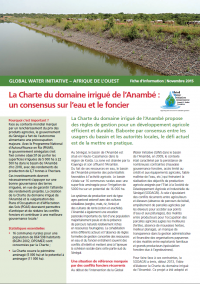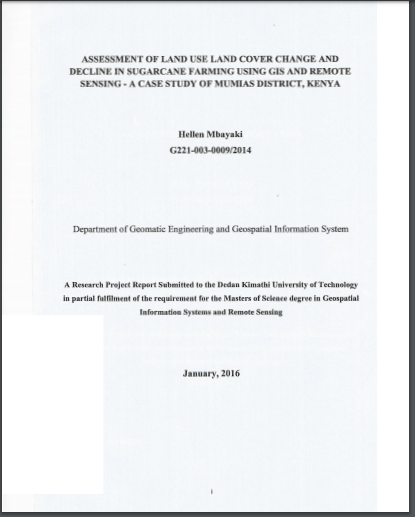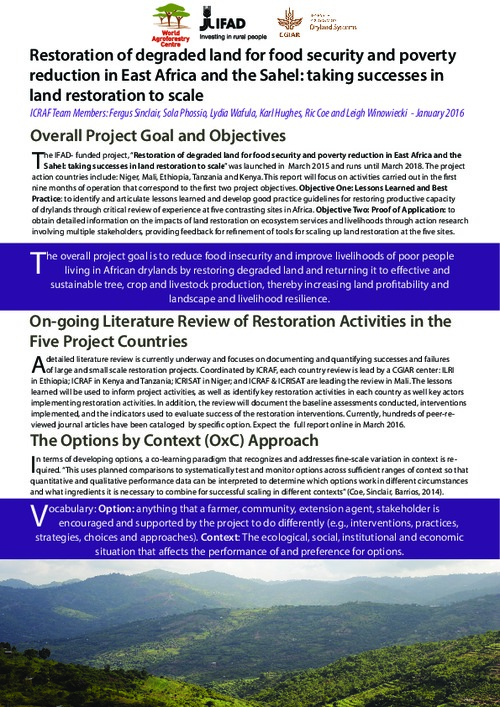La Charte du domaine irrigué de l’Anambé : un consensus sur l’eau et le foncier
La Charte du domaine irrigué de l’Anambé propose des règles de gestion pour un développement agricole efficient et durable. Élaborée par consensus entre les usagers du bassin et les autorités locales, le défi actuel est de la mettre en pratique. Cette fiche revient sur le processus d'élaboration de la Charte et met en lumière les opportunités et défis qui en découlent.











